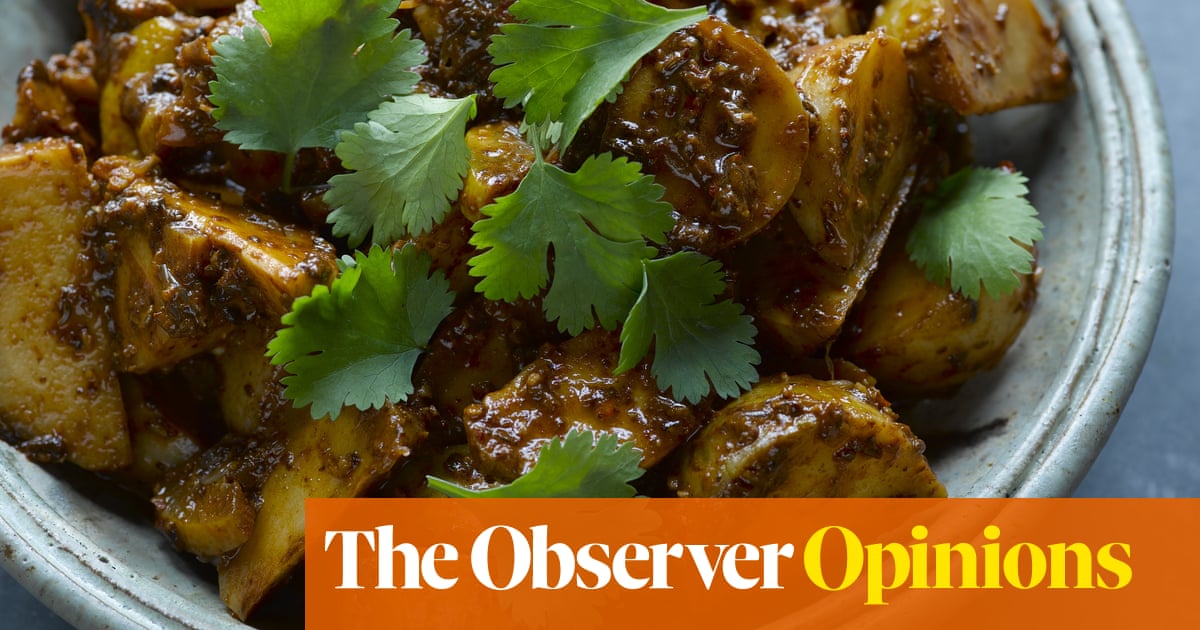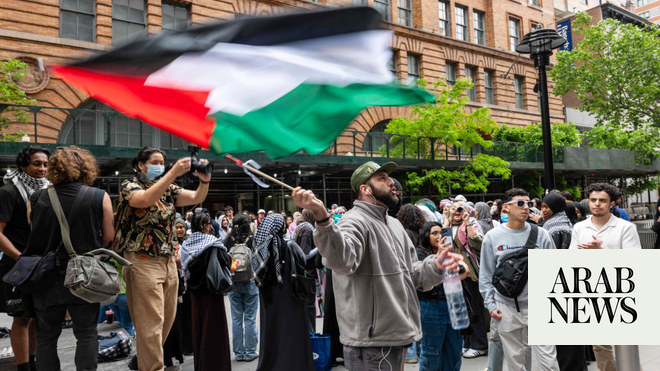
Esther Cudjoe Pontara doesn’t have much faith in the police. The 19-year-old, who lives in Streatham in south London, described nearly all her interactions with officers as negative.
“I’ve always had negative interactions with the police. [A few months ago] I was walking into school and we had a school police officer and I’d apparently given him a dirty look. He proceeded to come into my school, which was against the protocol, then he took me into a room and started saying these racist, misogynistic things, and making me feel uncomfortable,” she said. “People just have no faith in the system whatsoever.”
She is not alone. Black Britons across London have warned of a crisis in policing, which they fear has gotten worse since the Macpherson report that blamed “institutional racism” for Stephen Lawrence’s white killers being allowed to go free.
These anxieties are echoed in a damning report by the home affairs select committee looking at the progress made by the police in the last two decades. The document concludes that police and governments have done too little to stamp out racial injustice in the ranks, with their failings being “systemic” and leading to “unjustified inequalities”.
The latest Public Attitude Survey data on public perceptions of the police in London from the London Mayor’s Office for Policing and Crime (MOPAC) highlights this crisis in policing. Among black Britons, there was a nine percentage-point decrease in those who said the police were doing a good job in their local area.
Tobenna Egekwu, 29, known as TK, co-founder of the record label Finesse Foreva in Croydon, which manages the UK’s biggest drill rappers, said his company had been working hard to develop a better working relationship with the police. The label manages Skengdo & AM, who received a suspended prison sentence for breaching a gang injunction, which prevented them from performing their song Attempted 1.0. According to the campaign group Index on Censorship, this was the first time in British history that a prison sentence was issued for performing a song.
“We’re really working on bridging the gap between the community and the police. But [during] a weekend, I’m being pulled over by the police and I have to film it and send the video to our partners in the Met; we say, ‘Look at what they’re doing, you work with us and know how we are, but look at how they treat us.’ Even my business partner, they stopped him and tried to search him outside his house for no reason,” Egekwu said.
Egekwu said that while there are officers who want to improve relations, the issue of racial injustice is institutional. “If you’re 29 years old and you’re doing positive stuff, it doesn’t matter, they’re just judging you off how you look: being black, being young, wearing nice clothes or driving a nice car. It’s sad, but that’s the reality. Certain officers that have a good heart in the Met do know and that’s why you have some officers trying to break that stigma, but it’s really hard because it’s so deep-rooted. There’s always someone above someone else.”
Zahra Bei, a former teacher at a pupil referral unit and now a community organiser at the campaign group No More Exclusions, said she struggled to find the words to describe how bad stop and search has become for the young people she works with. “One person I work with is reliving the trauma he had from a stop and search two years ago. It’s like he’s got ongoing PTSD. It’s like a nightmare movie you can’t turn off. It happens so often that some of our young people have lost count.”
Lee Jasper, a community organiser, said the crisis in confidence had forced equality rights group to form the Alliance for Police Accountability to promote policing by consent and community safety in African and Caribbean communities. “What is absolutely clear is that the advances secured as a consequence of the Lawrence report have been frittered away, or policies have regressed. The result has been a worsening of racial disproportionality and a collapse in the level of Afro-Caribbean confidence in policing.”












